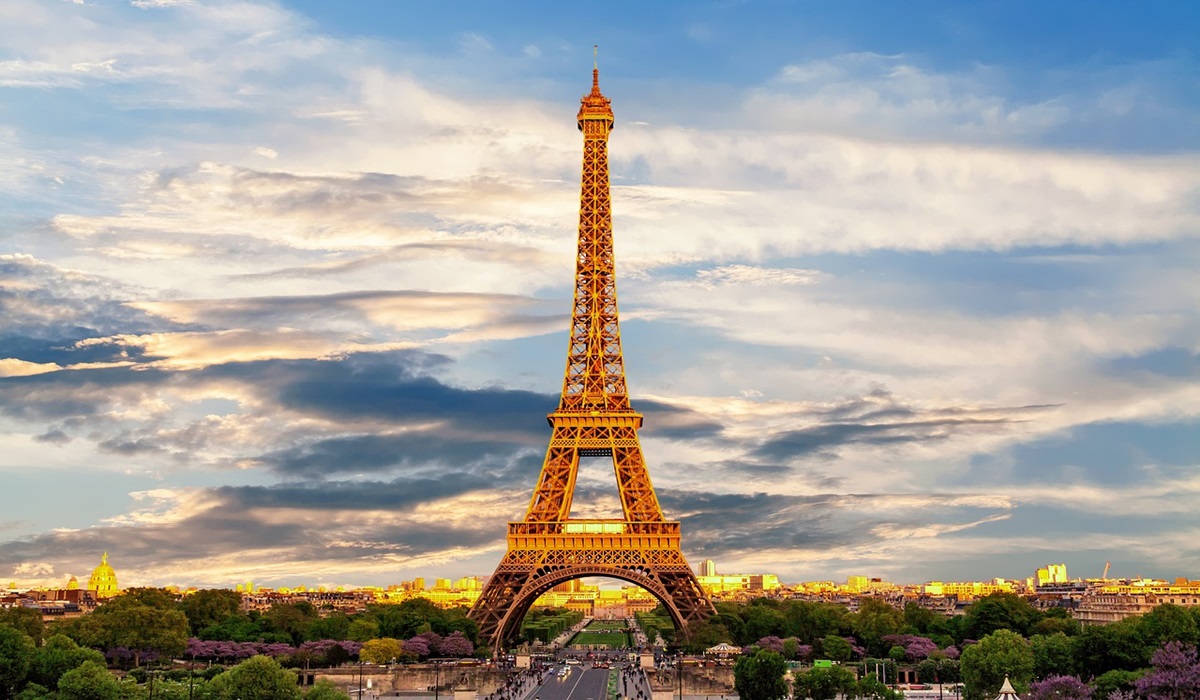Image Credit, Pete Linforth
In the grand narrative of global affairs, there exists a stark dichotomy: the haves and the have-nots. This dichotomy, born out of centuries of exploitation, colonization, and inequality, has entrenched itself deep within the fabric of our world. While some nations boast of abundance and prosperity, others languish in the shadows of poverty and deprivation.
It’s a tale as old as time, one where the wealthy and powerful claim benevolence while perpetuating systems of oppression and exploitation. The rhetoric of aid and assistance often rings hollow in the ears of those who have borne the brunt of centuries of exploitation. For behind the façade of charity lies a history stained with the blood and sweat of the oppressed.
Take, for example, the case of France, a nation with a history steeped in colonial conquest. With limited natural resources of its own, France turned its gaze towards the vast riches of its colonies in Africa. Through centuries of exploitation and extraction, these once-thriving lands were reduced to mere shadows of their former selves, their resources plundered for the benefit of distant empires.
Even as the winds of change sweep across the global stage, ushering in new leaders and fresh hope, the specter of exploitation looms large. The interests of the haves, entrenched in a legacy of domination and control, remain diametrically opposed to the aspirations of the have-nots. For to see the have-nots rise is to witness the erosion of power and privilege, a prospect too dire for the entrenched elites to contemplate.
And yet, amidst the despair and desolation, there exists a glimmer of hope. For there are those who dare to defy the status quo, who envision a world where cooperation trumps exploitation and solidarity reigns supreme. These are the voices that call for genuine partnerships, for investments in sustainable development, and for an end to the cycles of oppression that have plagued our world for far too long.
But the road ahead is fraught with challenges, and the forces of greed and exploitation are not easily vanquished. It will require courage, resilience, and unwavering determination to dismantle the structures of inequality and injustice that have kept the have-nots in chains for so long.
So, what is the solution? It lies not in the hollow promises of charity, nor in the empty gestures of benevolence, but in a fundamental reimagining of our world. It demands a reckoning with the sins of the past and a commitment to building a future where all nations, regardless of their wealth or status, can thrive in dignity and equality.
It won’t be easy, and the path ahead may be fraught with obstacles and setbacks. But in the darkness of despair, there burns a flame of hope—a hope that one day, the world will be truly united, not by the bonds of exploitation and domination, but by the ties of solidarity and mutual respect. And it is upon this hope that we must cling, for it is our beacon in the night, guiding us towards a brighter, more equitable future for all.









